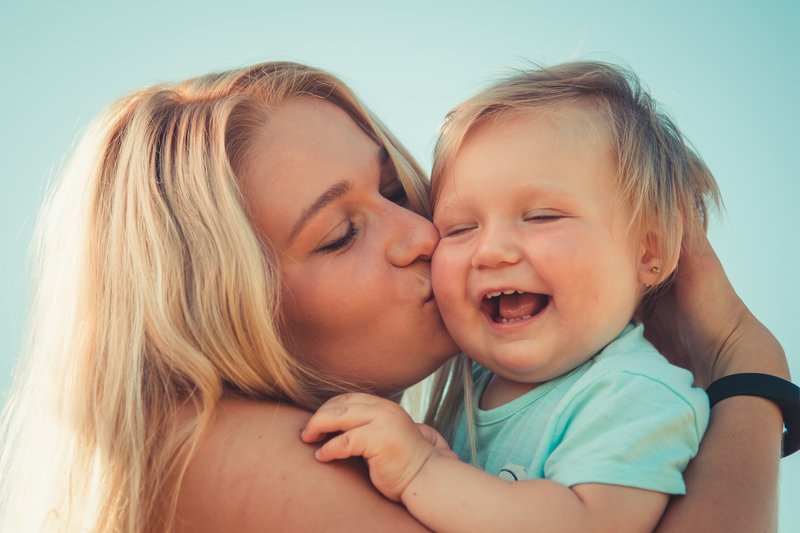-
0800 612 0011
free from landlines
-
0330 660 1166
free from most mobiles
Published at 13 November, 2023 11:24.

Passive smoking, also known as secondhand smoke exposure, is a critical health concern that arises when individuals inhale the smoke produced by someone else's cigarette, pipe, or cigar. It is especially detrimental to babies and children since their developing lungs are more susceptible to the harmful effects of tobacco smoke. Let's delve into the specifics of passive smoking and its potential impact, with occasional statistics to underscore its significance.
Babies and children exposed to passive smoke may experience a significant impediment in developing their lungs. Research indicates that children exposed to secondhand smoke are at a 50% higher risk of developing various respiratory conditions, such as bronchitis and pneumonia, compared to their non-exposed counterparts.
Passive smoking during pregnancy poses a severe risk to the unborn child. Statistics reveal that mothers who smoke or are exposed to secondhand smoke during pregnancy are more likely to deliver prematurely and give birth to low-weight infants. These premature and low-birth-weight babies are at a heightened risk of developing lung-related health problems.
Exposure to passive smoke during pregnancy can also render a child's lungs more sensitive to air pollution later in life. This susceptibility increases the risk of respiratory ailments and complications.
Children exposed to secondhand smoke are at an increased risk of developing asthma and experiencing more severe asthma attacks. Studies indicate that passive smoking is responsible for nearly 150,000 to 300,000 new cases of respiratory infections in infants and children annually.
Passive smoking is associated with a higher incidence of ear infections in children. Approximately 2.3 million children in the UK suffer from ear infections due to exposure to secondhand smoke.
Babies exposed to passive smoke are at a greater risk of SIDS, with research suggesting that maternal smoking during pregnancy and postnatally increases the risk of SIDS by two to five times.
Perhaps even more concerning, children who grow up in households with smokers are more likely to take up smoking themselves when they reach adolescence. Studies have found that children exposed to secondhand smoke are 30% more likely to become smokers.
While vaping is considered less harmful than traditional smoking, the research on its impact during pregnancy is ongoing. Healthcare professionals often recommend nicotine replacement therapy (NRT) as a safer alternative.
While passive vaping is not as harmful as passive smoking, it is not entirely risk-free. The vapour from e-cigarettes contains fewer toxic chemicals than traditional cigarette smoke, but it can still be irritating, especially to individuals with lung conditions. Therefore, it is advisable not to vape around children to minimise any potential risks.
In conclusion, passive smoking poses serious health risks to children and pregnant individuals, impacting lung development, increasing the likelihood of various health conditions, and potentially affecting a child's future smoking habits. It is crucial for expectant mothers to quit smoking and for parents to maintain a smoke-free environment to protect the health and well-being of their children.
As advocates for healthier lives and smoke-free environments, Yorkshire Smokefree invites you to take a stand against the pervasive threat of passive smoking. It's time to transform awareness into action and make a tangible difference in the lives of your loved ones, particularly children and expectant mothers.
If you're a smoker, take the first step towards a smoke-free life. Yorkshire Smokefree offers comprehensive support and resources to help you quit smoking and protect your family from secondhand smoke.
If you know an expectant mother, encourage and support her in her journey to quit smoking or seek healthier alternatives. Share the message that a smoke-free pregnancy can lead to a healthier start in life for her child.
Make your home, car, and all shared spaces smoke-free zones. Even smoking outside can bring harmful residue back into your living space. Ensure that the air your family breathes is clean and free from secondhand smoke.
Raise awareness about passive smoking in your community, workplace, and social circles. By advocating for smoke-free policies and educating others about the dangers of passive smoking, you can help protect more families.
Keep up to date with the latest information and research on passive smoking. Knowledge is power, and the more informed you are, the better equipped you'll be to protect your family's health.
For further information, please contact our expert team today.